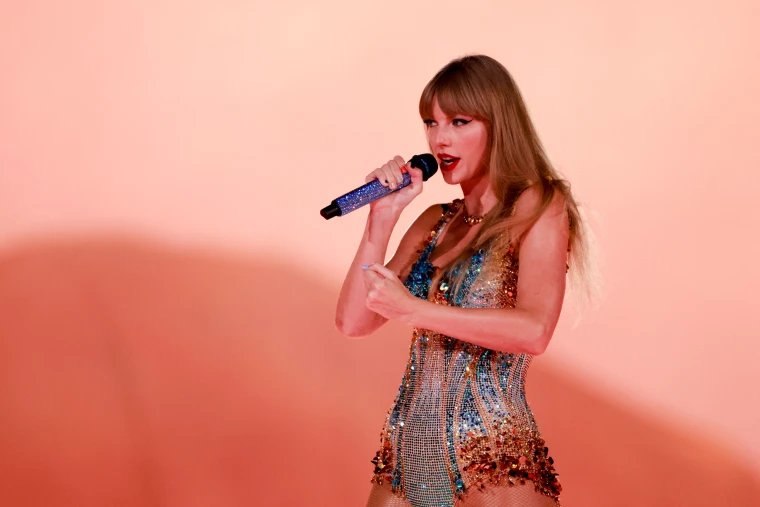After Taylor Swift endorsed Kamala Harris in the 2024 presidential election, some Americans believe the outcome of the election could be swayed by the pop star’s influence. Many celebrities besides Swift have spoken out about their political affiliations and often encouraged people to vote, but do Americans accept what celebrities have to say about politics? According to a recent YouGov survey, many Americans think it’s better for celebrities to stay out of politics. Republicans are especially likely to think so.
About 1 in 10 Americans (11%) say a celebrity has made them reconsider their position on a political issue, and they have endorsed a political candidate because of a celebrity’s endorsement. Even fewer (7%) say they do. When a celebrity participates in a political discussion, the most likely outcome is a negative perception of the celebrity. 51% say they think less about a celebrity because of their political stance.
Beyond the personal impact of celebrity endorsements, more Americans say celebrity political involvement has a negative impact on American democracy than say it helps it. Democrats and adults under 45 are more likely than independents, Republicans, and older Americans to say that having celebrities speak out on politics helps American democracy.
Americans also believe that speaking out about politics can be very damaging to a celebrity’s career. 32% of Americans say being involved in politics generally has a negative impact on a celebrity’s career. Only 10% said it generally helps celebrities’ careers. Adults under 45 are more likely to think so than older Americans.
— Taylor Orth contributed to this article
See the results of this YouGov poll
Methodology: This YouGov poll was conducted online among 1,137 U.S. adults between August 13 and 17, 2024. Respondents were selected from YouGov’s opt-in panel to represent the adult U.S. population. The sample was weighted according to gender, age, race, education, turnout and presidential vote count in the 2020 election, baseline party identification, and current voter registration status. Demographic weighting targets are based on the 2019 American Community Survey. Baseline party identification is a respondent’s most recent response given before November 1, 2022, weighted to the estimated distribution at that time (33% Democrat, 31% Republican). The margin of error for the entire sample is approximately 4%.
Image: Getty



